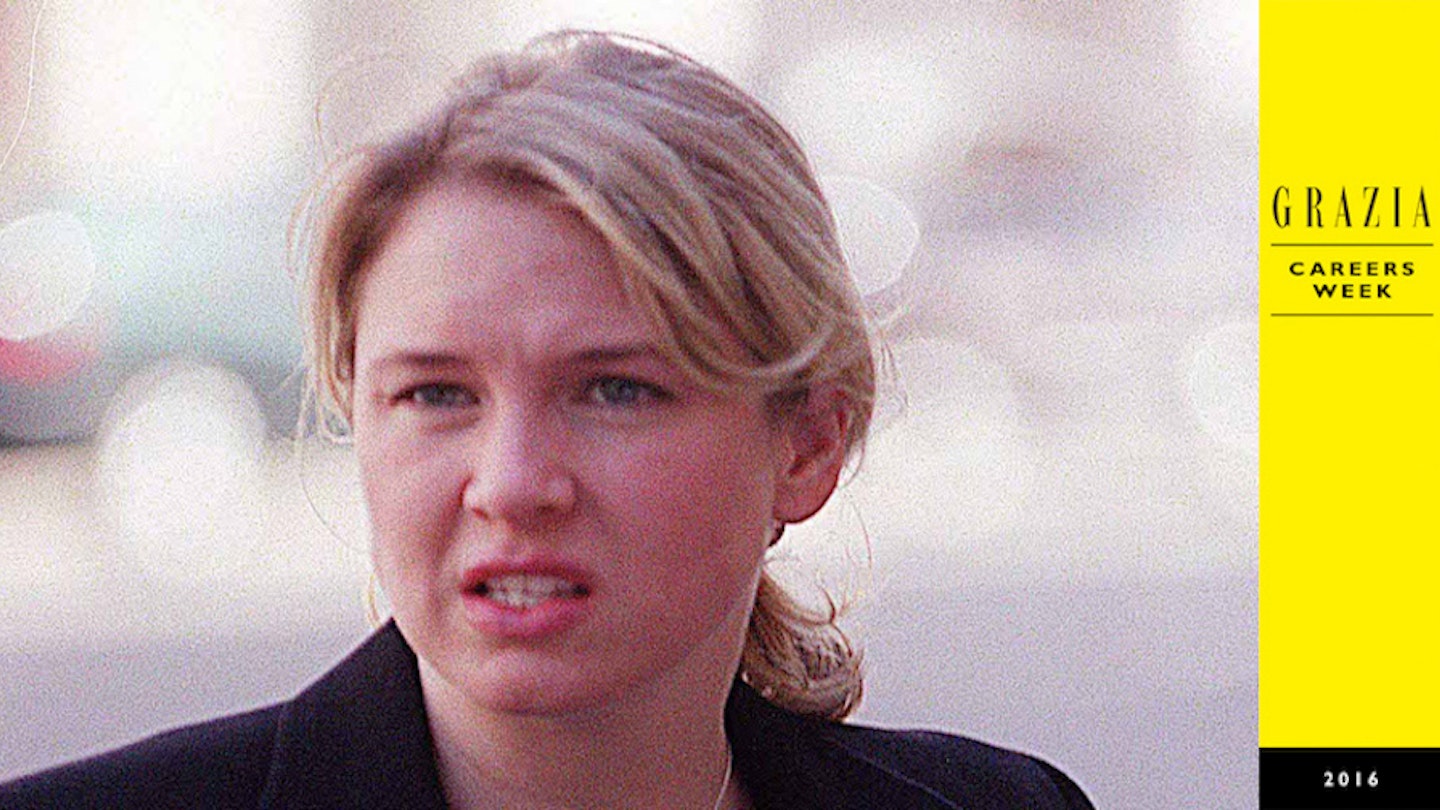I took the leap at 35 and discovered I’m not alone in having a mid-life epiphany about what makes me happy at work.
‘All journalists are alcoholics!’
‘It’s a sunset industry.’
‘Expect long and sporadic hours.’
‘The pay is terrible!’
I heard all of these counter arguments to my first preference when pouring over university courses in my final year of school. Not just from my parents, but from career advisors and family friends who were keen to advise on my future path – they knew better because they’d experienced years of hard work (and knocks) themselves.
When it came to making that fatal choice, I opted for a business degree and ‘never worrying about money’ over journalism and ‘precarious financial security’.
Twelve years on, it was a friend’s suicide and serious accident that tipped the balance. At one of the lowest points in my life, I finally understood what made me tick. Being a writer wasn’t a ‘lifelong dream’ or ‘burning passion’ you see carry people to success in the movies. It was simply the right fit for my talents and personality.
‘I meet so many people in their fifties who wish they’d done it twenty years ago and probably would’ve had they had a crisis,’ says Jane Sunley, author of It’s never OK to Kiss the Interviewer and CEO of employee engagement experts, Purple Cubed. ‘If you’re not happy at work, think about the worst thing that can happen and what it is that you really want to do.’
Realising you’re not alone is a massive motivator – almost half of British workers would like to change career – that’s according to a study by the London School of Business and Finance who surveyed 1,000 professionals in 2015.
Many people (fortunately) don’t need a crisis to spur them into action. The research cites increased salary prospects, better work-life balance and improved job satisfaction as the main drivers.
Fear of failure, that you’re making the change for the wrong reasons or that your family and friends won’t approve is undoubtedly the greatest barrier. It took months for me to broach the subject with my husband and I still suffer from a healthy degree of anxiety over ‘what next’.
Jane says, ‘I think anyone can do it but you have to believe you can.’
Fear of failure is one thing, but fear of not making ends meet is another. Almost every career change means an initial dip in earnings – more than a year if you need to re-train or get a new business off the ground. I was lucky enough to have a supportive partner with sufficient income to fund our lifestyle.
In your mid to late thirties, the financial pressures can appear insurmountable – mortgages, childcare, car loans – these bills need to get paid whilst you’re in transition.
The key is timing your move for when you’ve got sufficient savings or a business loan in the bag. Jane says, ‘This isn’t always about leaping today and doing something else tomorrow, it’s about having a plan with some life goals along the way.’
Leaving my steady marketing job meant taking a sizeable cut in salary. But with another 35 years of work ahead of me, I decided to prioritise my own happiness. It was ultimately that simple. Becoming a journalist and copywriter hasn’t been easy, but I feel more challenged and fulfilled now than I ever did in my previous career.
READ MORE: Top Tips For Changing Your Career In Your Thirties
WATCH: Yours 30s - Why They're The Best Years Of Your Life
